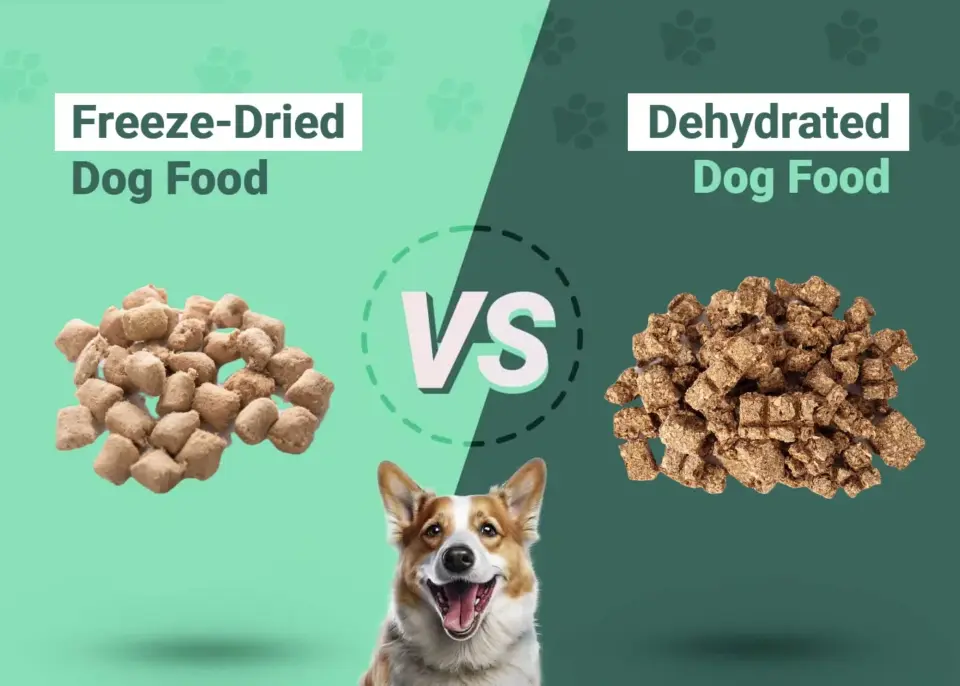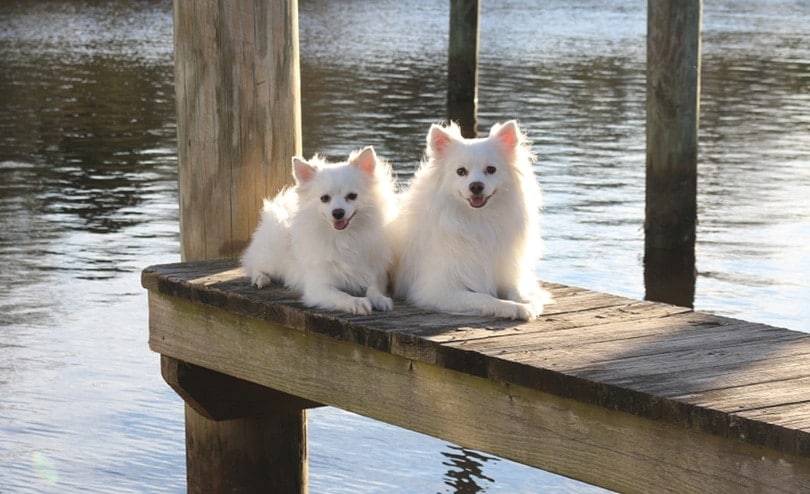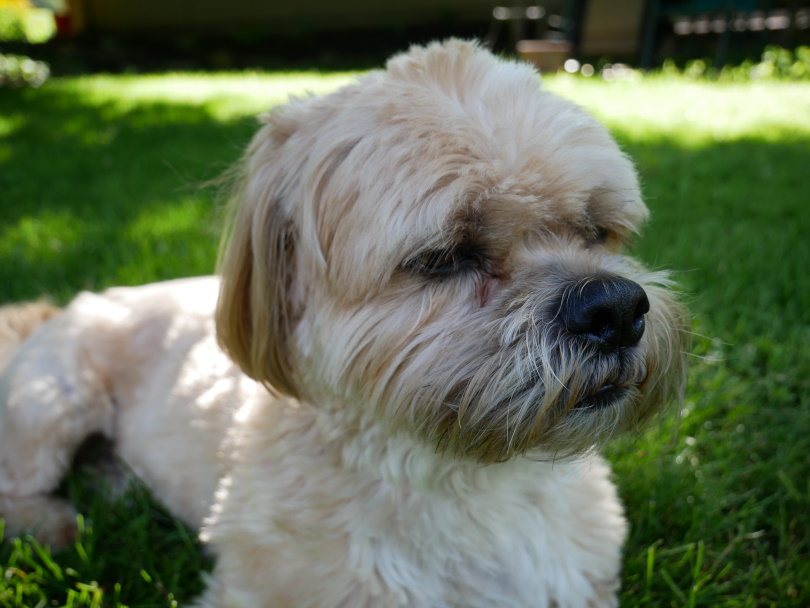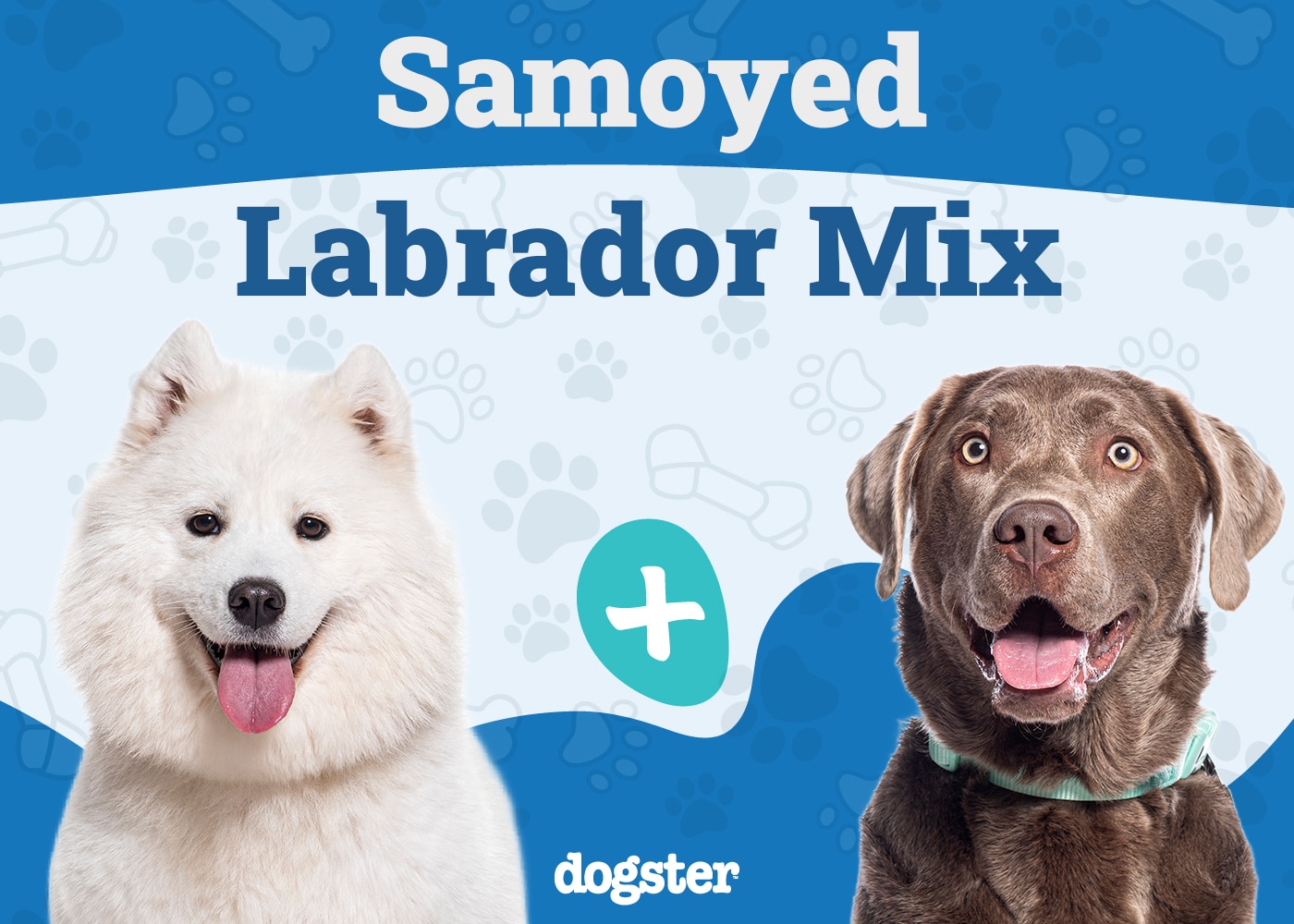Thinking about a Rottweiler? Meet the breed that’s both a gentle giant and a loyal guardian.
- Don’t be fooled by their tough look; Rottweilers are famous for being the ultimate family dogs.
- Get to know their high-energy, affectionate personality that’s a hit with active families.
- Learn why Rottweilers are some of the best dogs for those who value protection.
- Discover the balance of training and care these strong yet gentle dogs require.
Rottweilers are easily recognized by their striking black-and-tan coats and solid builds. Despite their intimidating appearance, these gentle giants are perfect for families, working as guard dogs and even in police roles. They’re relaxed yet fiercely loyal to their families, making them a top choice for those looking for companionship and protection.
When it comes to selecting a Rottweiler puppy, it’s crucial to choose a reputable breeder. You want to see where the puppies are raised, meet the parents, and review health screenings. A breeder unwilling to provide this information might be hiding something. Rottweilers can inherit genetic conditions, so health checks are vital to ensure you’re bringing home a healthy pup.
Rotties are smart and fearless, confronting anything from intruders to squirrels with confidence. Their loyalty makes them excellent family guardians, though they can be wary of strangers. With their goofy antics and fondness for making people laugh, they break the stereotype of being always serious.
While Rottweilers are great with families, their size and strength mean they may not be ideal for small children. Older kids who understand how to engage properly with a dog will find a lifelong companion. Though naturally not the most social with other pets, early socialization can help them get along beautifully with other animals, especially larger ones.
Feeding a Rottweiler involves providing plenty of nutritious, protein-rich food. These dogs need about 1.5 to 2 hours of exercise daily to prevent obesity and stress. Without this, they might become anxious or aggressive. Meanwhile, training and socialization are critical from a young age to manage their territorial instincts and ensure they thrive in various environments.
A Rottweiler sports a glossy, double coat that needs regular grooming. Weekly brushing is typically enough, though more frequent grooming is necessary during heavier shedding seasons. Baths every month or two will keep them fresh, and don’t forget to keep their nails trimmed to avoid discomfort.
In terms of health, Rottweilers are generally robust but may face challenges like hip dysplasia and certain eye conditions. Regular vet visits and early health screenings can help catch issues early. Male Rottweilers tend to be larger and a bit more independent, while females can be smaller and possibly easier to train.
Rottweilers, with their loyal and loving nature, continue to win the hearts of families who can handle their big size and bigger personalities.










